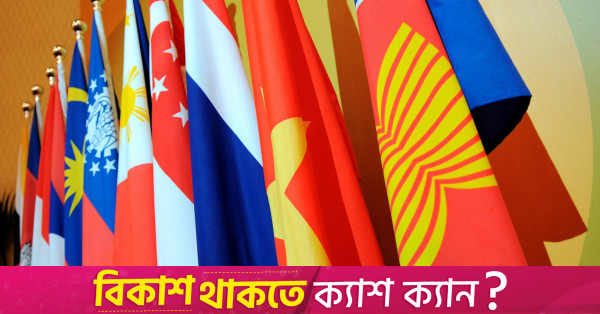The forum centered around the theme of “Strengthening cooperation between ASEAN and China” concluded with a joint consensus, while the rapid growth of AI brings about transformative opportunities.
The Association of Southeast Asian Countries (ASEAN) Flag (R) will lead the flags of 10 countries at the ASEAN Regional Forum Conference in Singapore on July 23, 2008. ASEAN members are Brunei, Cambodia, Indonesia, Laos, Malaysia, Myanmar, the Philippines, Singapore and Vietnam. Photo: Reuters/Romeo Gacado/Pool/File Photo
“>
The Association of Southeast Asian Countries (ASEAN) Flag (R) will lead the flags of 10 countries at the ASEAN Regional Forum Conference in Singapore on July 23, 2008. ASEAN members are Brunei, Cambodia, Indonesia, Laos, Malaysia, Myanmar, the Philippines, Singapore and Vietnam. Photo: Reuters/Romeo Gacado/Pool/File Photo
Key figures from prominent media and think tanks in China and ten ASEAN member countries engaged in extensive discussions on artificial intelligence (AI) and other key topics at the China and ASEAN Media and Think Tank Forum held in Kuala Lumpur on Friday.
The forum, with the theme of “Strengthening ASEAN-China cooperation,” concluded with a joint consensus that acknowledges that rapid growth in AI will bring about transformational opportunities, while also introducing uncertain risks and challenges.
The consensus highlighted that media and think tanks need to actively adapt to the ongoing technological revolution, leverage the benefits of AI, and contribute to building a sensible future where innovation is tied to a strong security foundation.
Pamela Samia, executive news editor at the Philippines News Agency, noted that ASEAN and Chinese media and think tanks must embrace AI in order to significantly improve research capabilities, decision-making processes and communication efficiency.
Nevertheless, she highlighted the irreplaceable value of human expertise: “AI is merely a tool and cannot replace human judgment and critical thinking.”
Veronika S. Saraswati, executive director of Indonesia-China Partnership Studies, said it is important for ASEAN and Chinese media and think tanks to promote public critical thinking and promote AI systems rooted in local data and Eastern cultural values.
“Through these initiatives, it is hoped that countries in the Global South will regain their voices in the digital realm and ensure that AI will become a tool to promote equity rather than a means of Western domination,” she said.
Sivanxay Siphankham, deputy director of LAO News Agency, said that AI is committed to strengthening information exchange and cooperation between ASEAN and Chinese media. However, he highlighted the need for a collaborative effort to tackle challenges such as misinformation, ensuring that the use of AI remains transparent and human-centric.
Lee Chean Chung, chairman of Malaysia’s Center for Regional Strategic Studies, emphasized that ethical principles, data privacy and algorithm transparency must form the basis for AI-related policies. He said, “The mission of AI is not to replace humans, but to empower humans.”
Thida Tin, director of the Media Development Department of Myanmar’s Ministry of Information, pointed out that every invention has both advantages and disadvantages. She said that it is important to balance innovation and ethics, and that technological advancements should serve all sectors of society, minimizing harm to the environment and vulnerable groups.
The forum, co-hosted by China’s Xinhua News Agency and Malaysia’s Bernama, attracted around 260 participants from over 160 media organizations, think tanks, government agencies, and businesses in China and the ASEAN region.




